I'm never wearing a smartwatch to sleep again
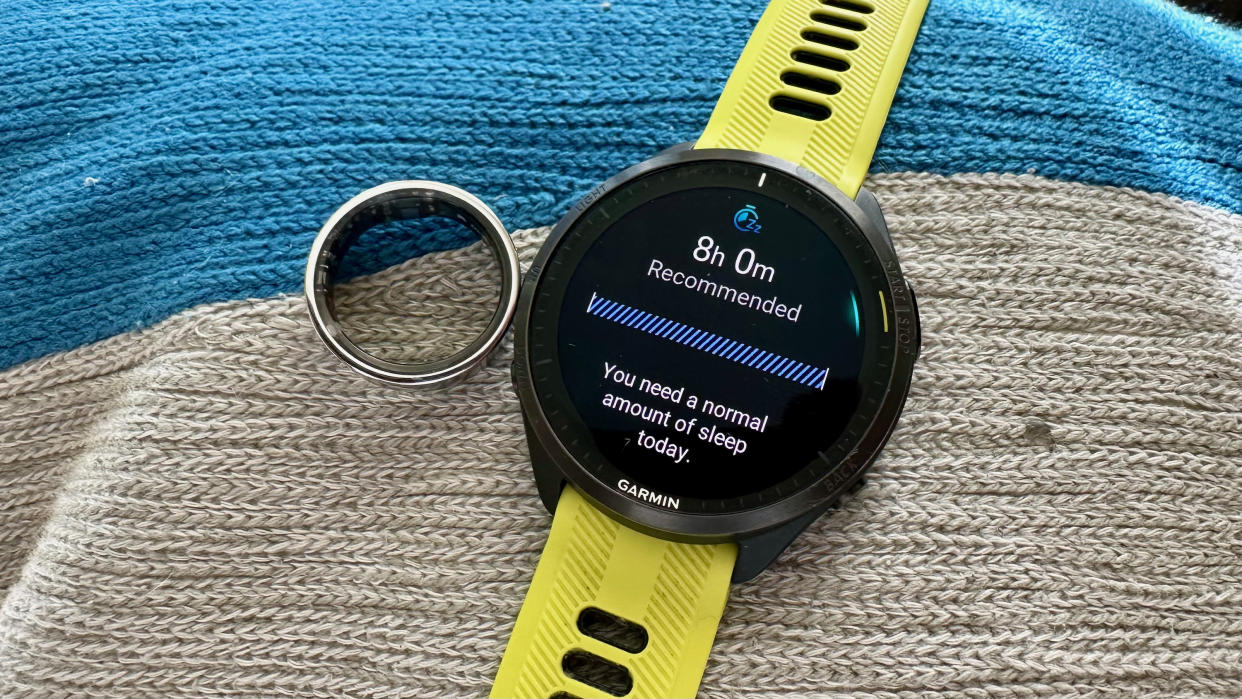
Sunday Runday
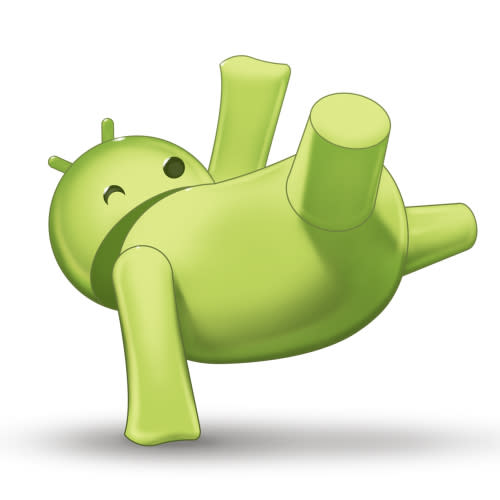
In this weekly column, Android Central Wearables Editor Michael Hicks talks about the world of wearables, apps, and fitness tech related to running and health, in his quest to get faster and more fit.
A smart ring can't replace a smartwatch. It can't fit all the sensors, haptics, and other components needed for apps, notifications, and calling. Aside from that, I'm skeptical that a smart ring can match a watch for step count or workout data. But sleep tracking? I can't see anyone continuing to wear a smartwatch after trying their first smart ring.
I've been testing the Ultrahuman Ring Air for a little over a week, and I quite like its sleep-tracking features thus far. However, my new belief isn't about one brand in particular; it could easily apply to the Oura Ring Gen 3 that a couple of my colleagues love or the upcoming Samsung Galaxy Ring. What matters is the form factor.
My Ultrahuman Ring Air weighs about 3g/0.1oz, while Oura's ring measures between 4g and 6g, depending on your ring size. The upcoming Galaxy Ring apparently weighs between 2.3 and 2.9g, taking the lightweight crown.
With wrist-based wearables, even something pebble-sized like the Fitbit Charge 6 weighs 30g/1oz — mainly because of the strap. Switch to a proper smartwatch, and it'll weigh two or three times that, especially when you add stainless steel or titanium material.
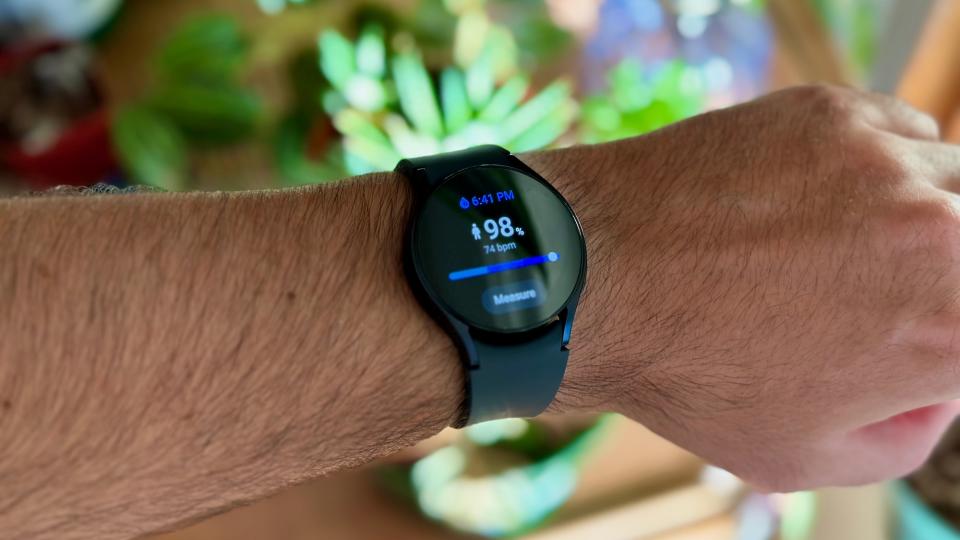
During the day, I can ignore the weight and feel of a smartwatch on my skin. But as night approaches, its presence feels more oppressive, as if I'm going to bed wearing my day clothes.
I know I'm in the minority — Android Central did a poll in 2022 showing that 67% of readers "usually" wear a smartwatch to bed, compared to 21% who "never" do — but for me, the worst part of every smartwatch review is that I need to test their sleep tracking capabilities to judge their value for most people.
Because of that, I miss out on all the great features and health data that fitness watches offer. My daily watch is the Garmin Forerunner 965, but I don't see proper Body Battery data (my sleep energy recharge) or HRV status (stress and workout recovery levels) because I don't wear it to bed.
It's not just about comfort, either. For the best results, your smartwatch band needs to be perfectly fitted. If it's too tight, it disrupts blood flow and messes with the actual results for heart rate and blood oxygen. If it's too loose, you get erratic readings because not every pulse is picked up. Even if worn correctly at first, all it takes is your pillow or body weight shifting your smartwatch in the wrong direction, and suddenly, your data will be off for hours at a time.
Case in point, the Samsung Galaxy Watch 6 proved accurate enough for heart rate data during the day but gave me some very misleading data for blood oxygen and skin temperature during my review.
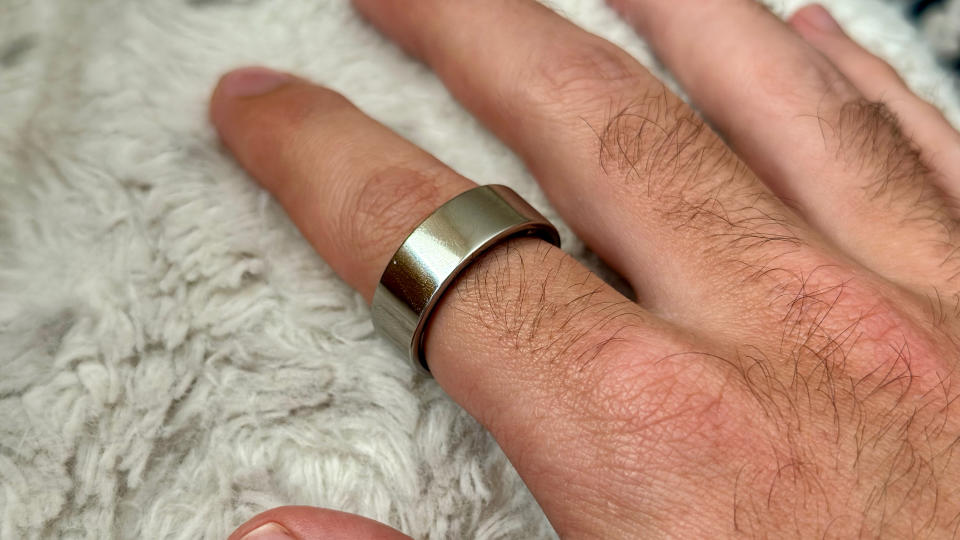
With my Ultrahuman Ring Air, it truly feels like it blends into my skin. My usual issues with tactile hypersensitivity—or whatever the official psychological term is—don't apply anymore.
Now, when I wake up, I can see my sleep duration, time in each sleep zone, average and resting heart rate, skin temperature, heart rate variability, heart rate drop time, blood oxygen average, restlessness, and most of the other core data I need. The exception is atrial fibrillation (AFib) detection, which I don't think any smart ring brand offers yet.
Of course, you can still get inaccurate readings if you choose a smart ring that's too tight or loose. But since you can buy them in most ring sizes, that's rarely an issue.
Once you've got a smart ring that's properly fitted, even if it presses hard against your pillow or mattress while you sleep, it still adheres to your skin along most of your finger — much better than a smartwatch would. The exception is during workouts, when your fingers naturally swell from the increased blood flow, which seems to mess with your heart rate results.
Now that I'm wearing a smart ring, I find it much harder to justify going to bed late or having a can of High Noon, knowing that little chunk of metal will warn me about my poor sleep recharge or decreased HRV the next day. I hope it'll help me establish better habits over the long run.
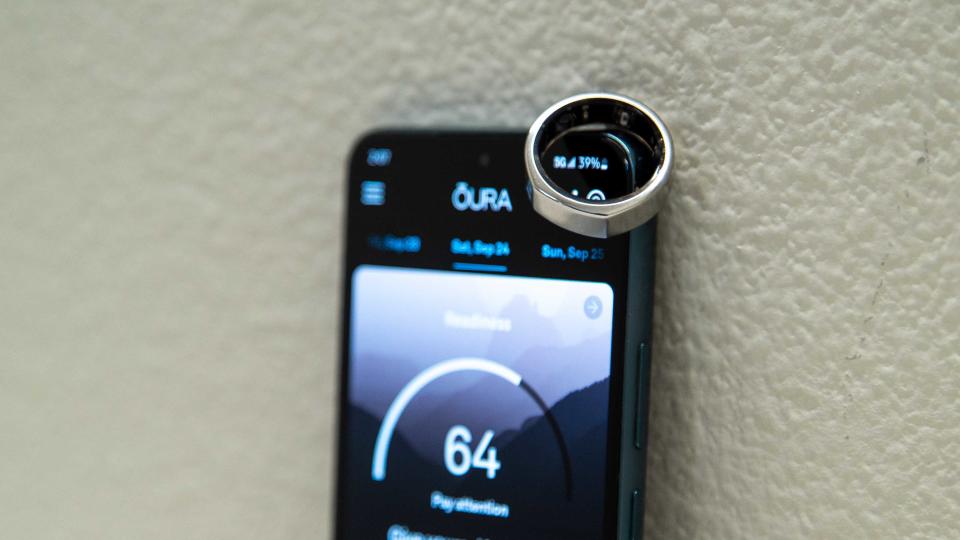
If you're already happy with your smartwatch, then you can save yourself the $300 cost of a typical smart ring and enjoy the sleep-tracking features. I'm happy for you!
For those in the minority, like myself, who just can't stand the weight, the sweat and grime build-up, the swelling of their wrists, and the overall awareness of something pressing hard into their skin all night, a smart ring is your solution. You'll get the health and energy data you've been missing without any discomfort.
The downside to smart rings is what I said at the beginning: They're not meant to replace your Android watch or Apple Watch for app smarts, nor your fitness watch for metrics and GPS. But if you're the kind of techie who can afford to add smart rings to your category of devices, then I highly recommend it.
